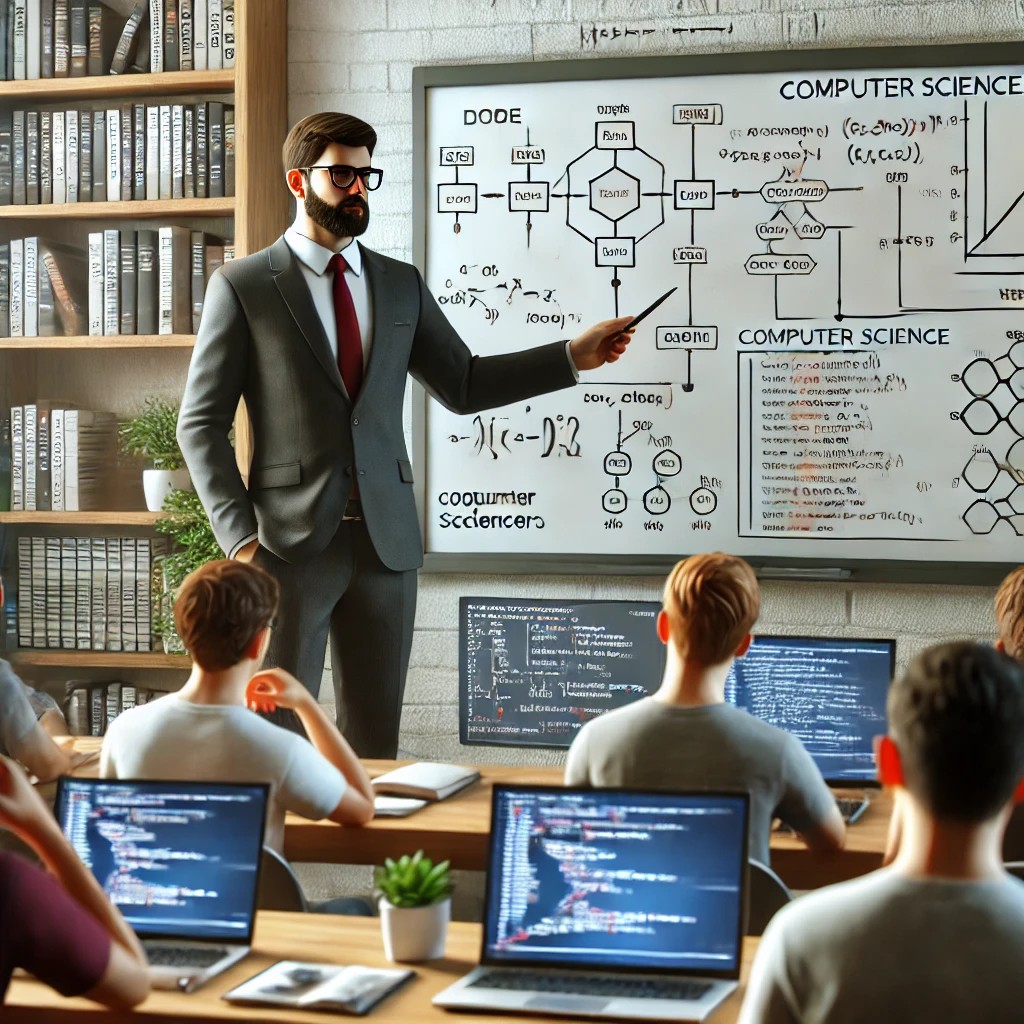A Lesson on the Irreplaceability of Human Skills
It was a cold, foggy morning when Detective Mira arrived at the scene of a peculiar crime. A priceless painting had vanished from the city museum, leaving no trace of the culprit. Security footage was mysteriously wiped, and advanced AI surveillance systems failed to identify any suspect. As experts rushed to analyze data and feed clues into predictive algorithms, the AI systems returned a chilling conclusion: "No matches found."
But Mira wasn't ready to give up. With years of experience, a sharp mind, and a knack for understanding human behavior, she pieced together subtle patterns: a janitor who always seemed to linger in the art section, a faint scent of paint in an unusual corridor, and a visitor’s odd fascination with the museum's ventilation system. Her intuition led her to solve the case—a feat AI couldn’t achieve.
This story is a testament to the idea that while artificial intelligence is transforming our world, there are areas where it falls short. As Dr. Michio Kaku explains in his discussion on the irreplaceable nature of certain jobs, AI struggles with tasks that rely on non-repetitive skills, emotional intelligence, and imagination.
The Three Jobs AI Cannot Replace
1. Non-Repetitive Blue-Collar Work
AI excels in repetitive, structured environments like manufacturing lines but falters in dynamic, unpredictable settings. Robots can't hammer nails efficiently, fix a leaky toilet, or pick up garbage with precision. These jobs require adaptability, a sense of physical space, and decision-making that no algorithm can replicate.
2. Emotional Intelligence and Human Connection
Professions that depend on building trust and emotional rapport are beyond AI's capabilities. Teaching, counseling, therapy, and mentoring involve understanding human emotions, empathy, and the ability to respond to complex social cues. Machines, no matter how advanced, lack the authenticity and warmth that come from real human interaction.
3. Imagination and Innovation
AI can analyze data and identify patterns, but it cannot dream, strategize, or innovate. Leadership, artistic creativity, and the ability to envision the future remain uniquely human. These qualities drive societal progress and innovation—skills that machines cannot mimic.
The Takeaway
As the world becomes increasingly automated, it’s essential to recognize the value of human skills that AI cannot replace. Whether it's solving a complex crime, teaching the next generation, or inventing groundbreaking technologies, human ingenuity will remain indispensable.
So, as you plan your career or reflect on your role in society, remember Dr. Michio Kaku’s wisdom: If you work in a field involving non-repetitive tasks, emotional intelligence, or imagination, you’re not just irreplaceable—you’re shaping a future that even AI can’t predict.




Comments
Post a Comment